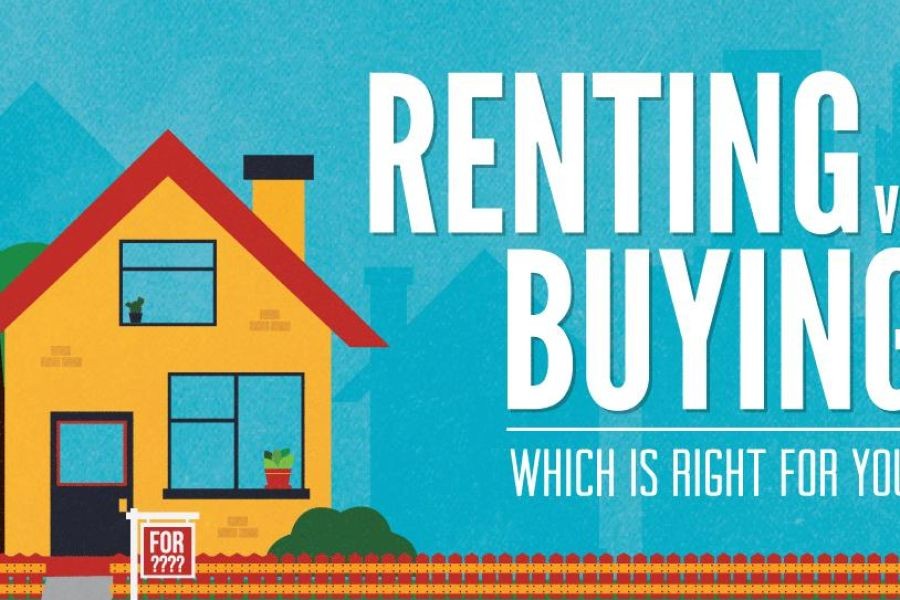New Zealand is often perceived as a paradise of lush landscapes and vibrant cultures, attracting both tourists and residents with its charm. However, beneath its idyllic exterior lies an economic reality that surprises many: the cost of living in New Zealand is higher than you might think. Understanding the factors driving these costs is essential for anyone considering a move or investment in the region.
The Economic Landscape of New Zealand
New Zealand's economy is uniquely shaped by its geographical isolation, limited domestic market, and reliance on imports. According to the Reserve Bank of New Zealand, the country's economic growth is largely driven by agriculture, tourism, and services. However, these industries are susceptible to global economic fluctuations, impacting local cost structures.
One significant factor is the high cost of imports. The nation's distance from major global markets means higher transportation costs, which are passed on to consumers. Additionally, New Zealand's stringent biosecurity measures, while essential for protecting its unique ecosystem, add another layer of cost to imported goods.
Case Study: The Housing Market Dilemma
New Zealand's housing market exemplifies the cost of living challenges. Between 2011 and 2021, house prices in New Zealand nearly doubled, as reported by Stats NZ. This surge is attributed to limited land availability, regulatory constraints, and increased demand from both domestic and foreign investors.
Problem: A Wellington-based family struggled to find affordable housing due to skyrocketing prices.
Action: They opted for a co-housing solution, sharing a larger property with another family to split costs.
Result: This arrangement reduced their housing expenses by 30%, showcasing a creative approach to overcoming high living costs.
Takeaway: Such innovative housing solutions can offer a practical way to manage expenses in high-cost regions.
Data-Driven Insights into Living Costs
Recent reports from the Ministry of Business, Innovation and Employment (MBIE) highlight that New Zealand's living costs have risen faster than the global average. Key areas affected include housing, food, and transportation.
- Housing: As previously mentioned, housing costs are a major contributor. In Auckland, rental prices have increased by over 50% in the past decade, according to MBIE.
- Food: The cost of groceries has risen due to reliance on imports. Fresh produce, for example, can be significantly more expensive compared to other developed countries.
- Transportation: Fuel prices are higher due to import costs and taxes, contributing to the overall cost of living.
Pros and Cons of High Living Costs
Understanding the implications of New Zealand's high living costs requires a balanced view of its advantages and disadvantages.
Pros:
- High Quality of Life: Despite costs, New Zealand offers a high quality of life with excellent healthcare and education systems.
- Strong Social Services: The government provides robust social services, partially funded by higher living costs.
- Economic Stability: The high cost of living is indicative of a stable economy, attracting skilled migrants and investors.
Cons:
- Affordability Issues: Many residents struggle with housing affordability, impacting overall financial well-being.
- Income Disparity: Rising costs can exacerbate income inequality, affecting social cohesion.
- Barriers for Newcomers: High living costs can deter skilled migrants and young families from moving to New Zealand.
Common Myths About New Zealand's Cost of Living
Several misconceptions persist about living costs in New Zealand. Addressing these myths can provide a clearer picture for potential movers and investors.
- Myth: "The countryside is always cheaper than the cities."Reality: While rural areas may offer lower housing costs, limited access to services can increase overall living expenses.
- Myth: "High costs are only a city problem."Reality: Even smaller towns face rising living costs, particularly in housing and transportation.
- Myth: "New Zealand is the same as Australia."Reality: Cost structures differ significantly, with New Zealand generally facing higher import costs and taxes.
Future Trends and Predictions
Looking ahead, several trends are likely to influence New Zealand's cost of living. A report by Deloitte suggests that technological advancements and automation could alleviate some cost pressures by 2030. However, climate change and geopolitical tensions could increase costs in agriculture and energy sectors.
Moreover, government policies aimed at increasing housing supply could stabilize or reduce housing costs over the next decade. The introduction of more sustainable practices in agriculture and transportation is also expected to reshape cost structures, potentially offering relief to consumers.
Conclusion
New Zealand's cost of living is undeniably high, but understanding its underlying causes can help residents and potential movers navigate these challenges. While high costs can be daunting, the country's quality of life and economic stability offer compelling reasons to consider it as a place to live or invest. What’s your take on New Zealand’s living costs? Share your insights below!
People Also Ask
- What is the main reason for high living costs in New Zealand? New Zealand's high living costs are primarily due to its geographical isolation, which increases import costs, and a booming housing market.
- How does New Zealand's cost of living compare to Australia? New Zealand generally has higher costs for imported goods and housing, whereas Australia benefits from a larger domestic market.
- What are some ways to reduce living expenses in New Zealand? Consider co-housing arrangements, using public transport, and buying local produce to manage expenses effectively.
Related Search Queries
- Cost of living in New Zealand vs Australia
- Affordable housing in New Zealand
- New Zealand import costs
- Living expenses in Auckland
- New Zealand housing market trends































